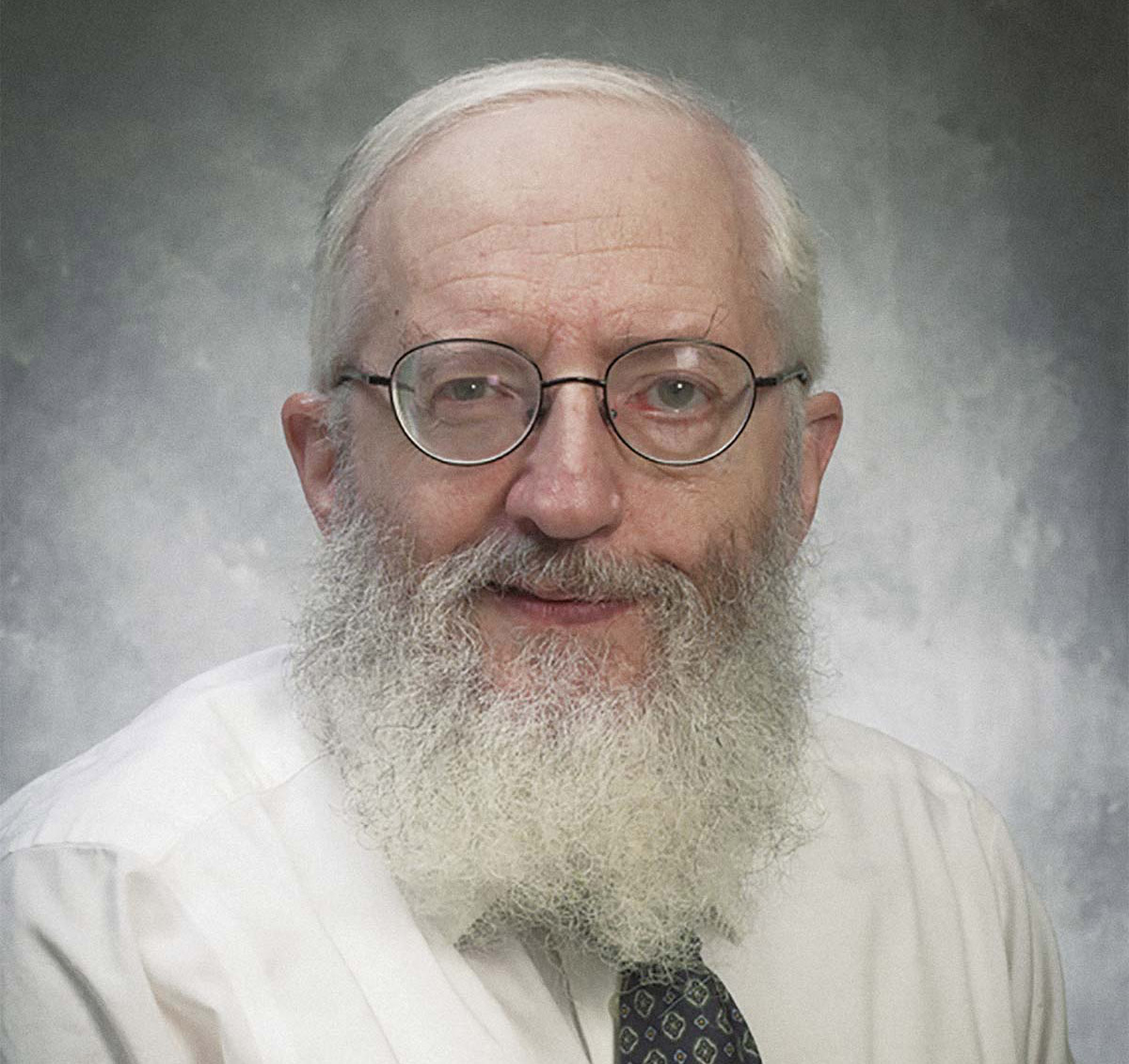
Professor Shakow Was a Man of Faith and a Meticulous Thinker and Teacher
lthough friends and colleagues said he would be too humble to admit it, Professor David Shakow was an exceptional teacher. The beloved professor taught tax law for decades at Penn Law, and as a man dedicated to his Orthodox Jewish faith, he taught weekly classes on the Talmud and other Jewish legal texts at his synagogue for many years.
“He carried himself more as a student, but he definitely was a teacher,” said Josh Weinberger L’99, who was both a law student and later a mentee of the professor. “He was always interested in learning from other people, … but at heart, he was a teacher, and a lot of people really benefited from his wisdom.”
Professor Shakow passed away in mid-January. He was 75.
Professor Shakow graduated from Harvard Law School in 1970 and took a clerkship with the Hon. William B. Hastie of the U.S. Court of Appeals for the Third Circuit. He then joined the New York law firm of Davis Polk and Wardwell, and in 1976, received an LLM in taxation from NYU Law School. Professor Shakow served in the Office of the Tax Legislative Counsel of the U.S. Department of Treasury before joining the Penn Law faculty in 1982.
Weinberger, now a tax lawyer himself, recalled that Professor Shakow was one of the few professors who wrote his own materials and textbook, and that in his mastery of the subject, kept lessons engaging.
“He was just an excellent teacher in terms of being able to explain it,” Weinberger said. “Beyond that, he was a really deep thinker.”
Professor Shakow often worked with the Alvin L. Snowiss Professor of Law Reed Shuldiner, who joined the Law School faculty in 1990 as Professor Shakow’s only tax colleague.
“He was just a delight as a colleague,” Professor Shuldiner said. “When I think of him, I see his twinkle in his eyes and his impish grin. He was a thoughtful person with a great sense of humor.”
Much of Professor Shakow’s research focused on the consideration of the viability and effects of the federal wealth tax, which he and Professor Shuldiner wrote about in a series of articles.
He was a tenured member of the faculty until 2000, when he took emeritus status. He continued teaching tax courses while also practicing at the law firm of Chamberlain Hrdlicka in Philadelphia.
Most recently, he had taken an interest in the viability of bitcoin and blockchain and had authored a series of articles on the topic. His latest work, titled “Taxing Bitcoin and Blockchains — What the IRS Told Us (and What It Didn’t),” was published in Tax Notes Federal in January 2020.
“The article was so classic him,” Weinberger said. “It’s a difficult topic to deal with, but the way he wrote it … broke down the concepts in trying to get to the essence of it and presented it in a very clear way — I actually wound up forwarding that article to a client of ours.”
Professor Shakow was also involved in his community, particularly at Lower Merion Synagogue. Tom Baker, William Maul Measey Professor of Law at the Law School, and also a member of the synagogue, said Shakow was a prominent member and communal leader there.
“He really organized everything about the 7:30 Shabbat morning service for several years,” Professor Baker said.
Weinberger noted that he was involved in charitable organizations and helping those in need but did so quietly and humbly.
Professor Shakow is survived by his wife, Kineret Piltch Shakow, six children and several grandchildren.